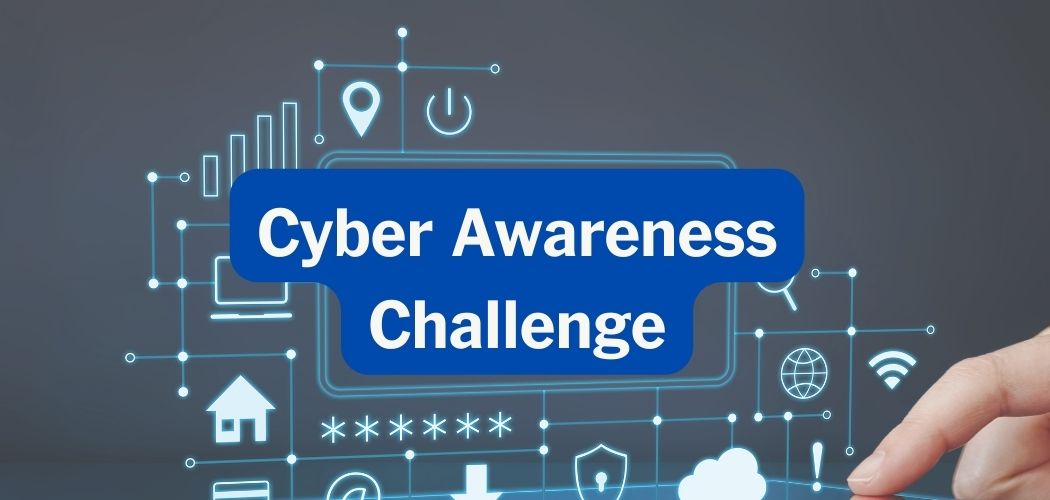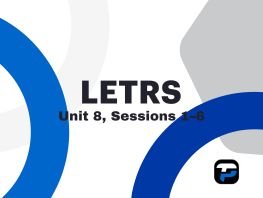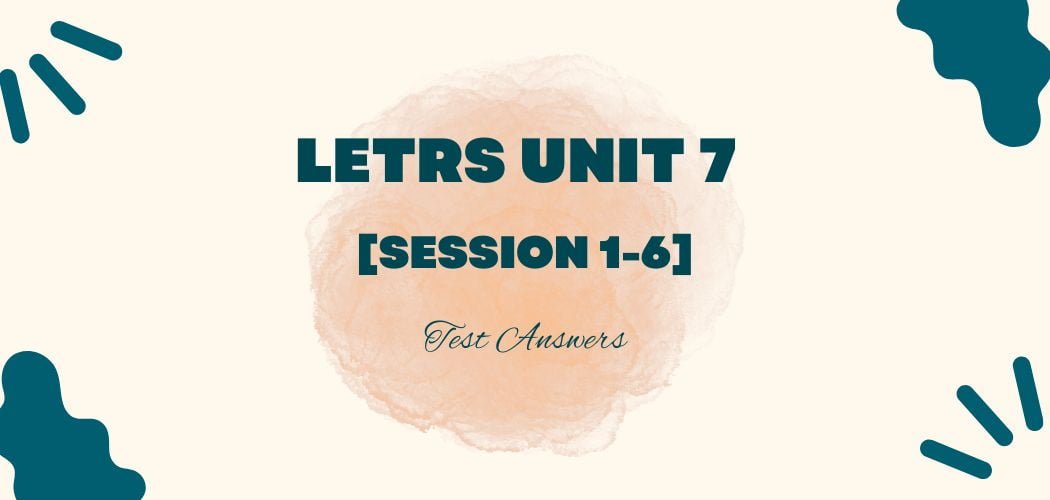We have compiled all the stories (and answers) of Reading Plus – Level C so you won’t have to waste your time searching elsewhere. This post is perfect for students who want some guidance and to improve their reading skills at the same time.
Are you ready to take your reading skills to extraordinary heights? Brace yourself for an exhilarating ascent as we delve into the captivating world of Reading Plus Level C.
Reading Plus Level C Answers
Sundancer
Question 1: This story focuses mainly on what theme?
Answer: The importance of love
Question 2: In the opening paragraphs, the author creates a mood of
Answer: loss
Question 3. At the beginning of the text, what did Sophie, her Dad, and Sundancer have in common?
Answer: All were dealing with some kind of emotional pain.
Question 4: What does this part of the text suggest about Sundancer?
Answer: She had not had proper care in a very long time.
Question 5: Pam and Devon asked Sophie to help Sundancer most likely because?
Answer: They knew Sophie would understand Sundancer’s loneliness.
Question 6: In this part of the text, the word “cherished” most closely means?
Answer: cared for or respected.
Question 7: After spending time with Sundancer, what did Sophie dislike most about going home?
Answer: being alone
Question 8: What was the “miracle” that happened?
Answer: Sophie’s dad laughed
Question 9: Read these two excerpts. The first is from the text. The second form is a famous poem by Emily Dickinson, part of which is quoted in the text. What do these excerpts have in common?
Answer: Both use either an animal image as a symbol of hope.
Question 10: Sophie and her dad learn that in order to heal, they need each other. What saying best states this?
Answer: No man is an island
Charley and The Eggs
Question 1: This story is mostly about Charley and
Answer: how she hatches some chicks.
Question 2: Charley’s dad most likely works as
Answer: a doctor.
Question 3: In this part of the story, how is Charley most likely feeling?
Answer: sad.
Question 4: From what you have read, you can tell that incubator
Answer: is fairly easy to make at home.
Question 5: What kinds of things are needed to build an incubator?
Answer: a box, a light bulb, and a thermometer.
Question 6: In this part of the story, what does it mean when it says Charley was “all smiles”?
Answer: Charley was happy because her dad was spending time with her.
Question 7: If the conditions such as heat and light are not watched carefully in the incubator, what may happen?
Answer: The eggs may not hatch.
Question 8: You can tell from what you have read that Charley’s dad is
Answer: a kind person.
Question 9: Since all of Charley’s chicks hatched, what will most likely also happen?
Answer: Hank will build Charley a chicken house.
Question 10: Sometimes a story can have more than one meaning. This story is about a girl who hatches eggs, but it is also about
Answer: a father who loves his daughter.
Going Nuts
Both the coconut…
The ocean carried…
It was worth it…
Spanish word…
A fruit…
They first explain…
It makes skin, it can help…
It makes help…
They had a great deal…
People give a piece…
ESOL
Ache: something hurts.
Fool: to deceive, or a person who is ridiculous.
Knowledge: familiar with the information.
Peak: tip, top, pinnacle.
Ready: prepared, available to do something.
Sleep: rest, dormant.
Stand: upright position, or to resist, defend.
Process: steps (pasos) to complete a task (area).
Quite: entirely or really.
Stage: a raised platform for performance.
Bank: financial institution.
Bay: the body of water enclosed by a curved piece of land.
Block: a cube.
Blame: to hold responsible.
Load: quantity carried at one time.
Doing The “Write” Thing
Question 1: This story is mainly about?
Answer: How paper was made and used throughout history.
Question 2: In this part of the story, what does the word “store” mean?
Answer: Put away.
Question 3: According to the story, before there was paper, people used to write on materials.
Answer: Plants, animals, and rags.
Question 4: What is papyrus?
Answer: A material made from plant stalks.
Question 5: During the 1200s, what did the people in Europe use to make paper?
Answer: Rags.
Question 6: The story says that the man in France found a new way to make paper that was similar to the way.
Answer: A wasp made its nest.
Question 7: The story says a paper mill is always near a lake or a river because?
Answer: It takes a large amount of water to make paper.
Question 8: The very light paper that is made from groundwood.
Answer: Is cheap to make but does not last long.
Question 9: At the paper mill, what is used to soften the small wood chips in the big tank?
Answer: Steam
Question 10: Which of the following statements supports the author’s claim about recycling?
Answer: “Less wastepaper ends up in the trash. People do not cut down as many trees.”
The “Tree of Life”
Question 1: Which statement best summarizes the main idea of this text?
Answer: Both the coconut palm and the coconut have many uses.
Question 2: How did coconuts first travel from the Pacific islands to other places?
Answer: The ocean carried coconuts to new lands.
Question 3: In this part of the text, the phrase “paid off” means?
Answer: “was worth it.”
Question 4: The coconut got its name from a?
Answer: Spanish word that means head or skull.
Question 5: This is an image of the god Shiva. Based on the text, what does the coconut have to do?
Answer: Some people say the three marks on a coconut are the three eyes of Shiva.
Question 6: What is a drupe?
Answer: A fruit with a hard stone cover around the seed
Question 7: Reread these two excerpts from the text. How do they work together?
Answer: The first explains how coconut milk must be made while the second explains how coconut water occurs.
Question 8: How might coconut oil help the Earth’s environment?
Answer: It may help cut down on pollution.
Question 9: Reread this part of the text. How did people feel about the coconut palm?
Answer: They had a great deal of respect for the coconut palm.
Question 10: Which detail supports the author’s statement that, in some areas, coconut is a sign of welcome?
Answer: People give a piece of coconut to a guest in their home.
The Curious Case of Baby Button
Question 1: What is the main idea of this story?
Answer: A new father has a very unusual baby son.
Question 2: In this first paragraph, the story says Mr. and Mrs. Button live in the city of Baltimore. What else does it say about them?
Answer: They are expecting their first child
Question 3: Sometimes an author will use darkness to mean something unusual will happen. In this part of the story, the phrase “new life had come in the darkness of night” gives the idea that
Answer: the new baby will be strange in some way
Question 4: When Mr. Button asks Doctor Keene if the baby is a boy or a girl, the doctor
Answer: yells at him
Question 5: Which part of the text gives the idea that Mr. Button’s baby is not like other babies?
Answer: When Doctor Keene says, “A case like this will ruin me. It would ruin anybody!”
Question 6: Sometimes an author will describe an object as if it’s a living thing. In this part of the text, the author describes the washbowl as something that is
Answer: scared and trying to get away.
Question 7: Mr. Button and the nurse jumped when the old man first spoke. Why?
Answer: They were surprised he knew the language and could talk.
Question 8: According to the story, what part about having an old man as a son most worried Mr.Button?
Answer: explaining the old man to other people
Question 9: How do these two parts of the text work together?
Answer: The first part gives a feeling of fear while the second one gives a feeling of humor.
Question 10: In this story, the idea of birth gets reversed or changed. Since Mr. Button’s baby was born as an old man, what is most likely to happen to him in the rest of the story?
Answer: He will get younger instead of older as time passes.
Queen Of The Green
Question 1: What is another good title for this story?
Answer: She made her own path to the top.
Question 2: In this part of the story, what words show the author’s opinion of Michelle?
Answer: Michelle isn’t just good at golf. She’s great!
Question 3: Who said, “Michelle has always liked to hit the ball hard”?
Answer: her father.
Question 4: Why does the author say “It was clear Michelle was special?”
Answer: She could play as well as adults when she was still a child.
Question 5: Why were some people unhappy when Michelle played against men?
Answer: They thought men and women should play separately.
Question 6: Michelle decided to go to college even though she already had a job as a golfer. What does this tell you about her?
Answer: She cared about more than just making money.
Question 7: In college, why did Michelle struggle in some of her golf events?
Answer: She was tired from trying to do too many activities.
Question 8: How is Michelle’s life different since she finished college?
Answer: She can focus on golf full-time if she wants to.
Question 9: What does “It takes my mind off things” mean in this part of the story?
Answer: Drawing makes Michelle forget about her troubles.
Question 10: What is the biggest effect Michelle has had on the sport of golf?
Answer: She has made women’s golf more popular.
The Event That Changed A City
Question 1: This selection is mainly about the Triangle Shirtwaist Factory Fire and how it
Answer: this led to major changes in workers’ safety laws.
Question 2: Read this excerpt. The selection begins this way most likely to give the idea that the
Answer: day of the fire began like any other way.
Question 3: What was a shirtwaist?
Answer: a type of popular women’s clothing.
Question 4: Blanck and Harris were known as the “Shirtwaist Kings” because
Answer: their workers made 1,000 shirtwaists a day.
Question 5: The selection describes the goals of the unions that began to form. One of their goals for factory workers was better pay. What were the two other goals?
Answer: better working conditions and shorter hours.
Question 6: Read these two excerpts. How do they work together?
Answer: The first excerpt explains what was bad about the Triangle Factory. The second explains some things that were good about the Triangle Factory.
Question 7: When the fire broke out on the eighth floor, there were two main reasons why the workers on the ninth floor did not escape. What were the two reasons?
Answer: No one told the people on the ninth floor about the fire
The building had no fire alarms
Question 8: When the firefighters came with the fire wagon, they soon realized they had a major problem. What was it?
Answer: They could not reach the people on the ninth floor because the fire ladder was too short.
Question 9: Based on this excerpt, what important change happened as a result of the Triangle Shirtwaist Factory fire?
Answer: The government passed many new laws to make sure such a thing did not happen again.
Question 10: People blamed Blanck and Harris for the tragedy. Many people believed that the
Answer: workers could have been saved if the door to the second exit had not been locked.



